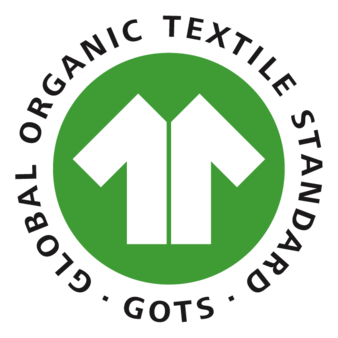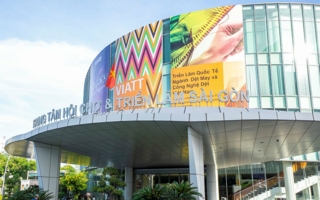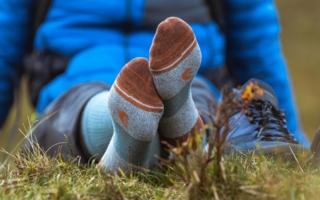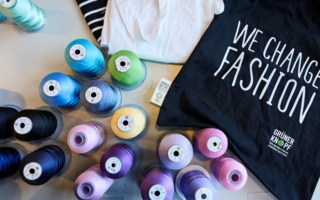09/03/2020 – Highest growth rate ever — auf Deutsch lesen
GOTS takes off
7765 certified facilities worldwide, an increase of 35 percent with more than 3 mn workers covered under GOTS in 2019.
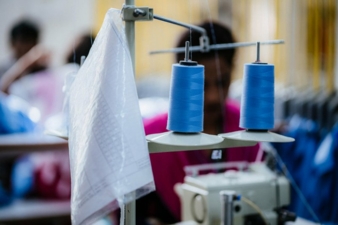
GOTS is the stringent voluntary global standard for the entire post-harvest processing (including spinning, knitting, weaving, dyeing and manufacturing) of apparel and home textiles made with certified organic fibre (such as organic cotton and organic wool), and includes both environmental and social criteria. © GOTS
In 2019, the number of GOTS certified facilities globally grew by 35 percent, from 5,760 to 7,765 located in 70 countries. The number demonstrates that GOTS successfully serves as sustainable solution. The required certified organic fibres protect the climate by absorbing CO2 and every processing step – from field to fashion – has to meet stringent social and environmental criteria before a finished product is allowed to carry the GOTS label.
This huge leap forward was seen in both, production and consuming regions.
Countries with largest growth in GOTS-certification in percentage in 2019
Netherlands (73%), Bangladesh (73%), Spain (71%), and Turkey (65%). In terms of total numbers of certified facilities, the highest increase is reported from Bangladesh (+505), followed by India (+438) and Europe (+396).
The top ten countries in terms of total numbers of GOTS-certified facilities in 2019
India (2411), Bangladesh (1194), Turkey (858), Germany (565), China (448), Italy (444), Portugal (301), Pakistan (276), USA (147), and the UK (75).
Claudia Kersten, GOTS Managing Director:
“The enormous growth shows that GOTS successfully serves as sustainable solution from certified organic fibre to finished product. With more and more GOTS certified operations and products we altogether substantially contribute to sustainable development.”
GOTS certification helps to ensure compliance with each of the 17 UN Sustainable Development Goals
More than 3 mn workers working in GOTS-certified facilities were reported in 2019 by the 17 accredited independent Certification Bodies.
2019 was also a GOTS revision year resulting in the new GOTS Version 6.0, due to be released in spring 2020.
GOTS is the stringent voluntary global standard for the entire post-harvest processing (including spinning, knitting, weaving, dyeing and manufacturing) of apparel and home textiles made with certified organic fibre (such as organic cotton and organic wool), and includes both environmental and social criteria. Key provisions include a ban on the use of genetically modified organisms (GMOs), highly hazardous chemicals (such as azo dyes and formaldehyde), and child labour, while requiring strong social compliance management systems and strict waste water treatment practices. GOTS was developed by leading international standard setters - Organic Trade Association (U.S.), Japan Organic Cotton Association, International Association Natural Textile Industry (Germany), and Soil Association (UK) to define globally recognised requirements that ensure the organic status of textiles, from field to finished product.

